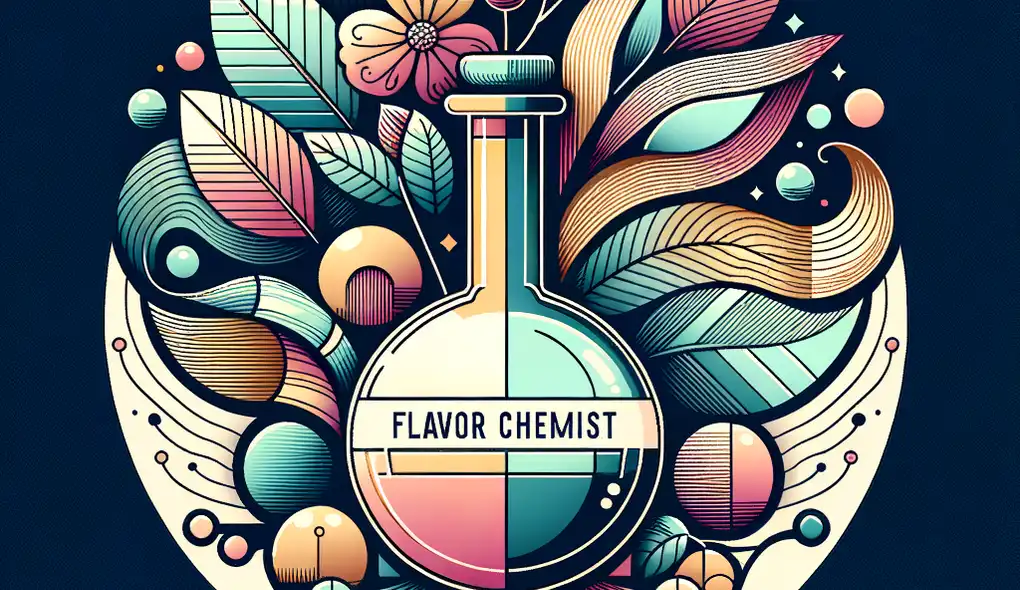How familiar are you with synthetic organic chemistry techniques?
Flavor Chemist Interview Questions
Sample answer to the question
I have some familiarity with synthetic organic chemistry techniques. In my previous role as a research assistant, I worked on projects that involved the synthesis and analysis of organic compounds. I had the opportunity to use various techniques such as reflux, chromatography, and spectroscopy to manipulate and analyze organic molecules. While I don't consider myself an expert in synthetic organic chemistry, I have a basic understanding of the principles and techniques involved.
A more solid answer
I am quite familiar with synthetic organic chemistry techniques. In my previous role as a research assistant, I actively participated in the synthesis and analysis of various organic compounds. I have hands-on experience with techniques such as reflux, distillation, column chromatography, and spectroscopy. I am proficient in interpreting analytical data, including GC-MS results for compound identification and quantification. Additionally, I have a keen interest in sensory evaluation and have worked on projects involving taste and smell assessment. I am also well-versed in food safety regulations and consistently maintain a strong attention to detail and organizational skills in the laboratory.
Why this is a more solid answer:
The solid answer provides specific details about the candidate's experience with synthetic organic chemistry techniques, including the specific techniques they have used and their proficiency in interpreting analytical data. It also addresses the other evaluation areas mentioned in the job description, such as sensory evaluation abilities, knowledge of food safety regulations, and attention to detail and organizational skills. However, the answer could be further improved by providing more examples of projects or specific accomplishments related to synthetic organic chemistry.
An exceptional answer
I have extensive experience with synthetic organic chemistry techniques. In my previous role as a research associate, I led several projects focused on the synthesis and analysis of complex organic molecules. I have a deep understanding of various synthetic routes, including multi-step syntheses, and have successfully optimized reaction conditions to achieve high yields and purity. I have worked with a wide range of analytical equipment, including GC-MS, NMR, and FT-IR, and have developed expertise in data interpretation and compound identification. My strong sensory evaluation abilities have been valuable in assessing the taste and aroma profiles of synthesized compounds. I have also implemented rigorous quality control measures to ensure compliance with food safety regulations and maintain accurate documentation of experiments and results. My attention to detail and organizational skills have been praised by my supervisors, and I have consistently delivered high-quality work within project deadlines.
Why this is an exceptional answer:
The exceptional answer showcases the candidate's extensive experience and expertise in synthetic organic chemistry techniques. They provide specific details about their ability to lead projects, optimize reaction conditions, and work with various analytical equipment. The answer also highlights their strong sensory evaluation abilities, attention to food safety regulations, and organizational skills. Additionally, the candidate mentions their track record of delivering high-quality work within project deadlines. This answer exceeds the expectations set in the job description and demonstrates the level of expertise required for the Junior Flavor Chemist role.
How to prepare for this question
- Review the principles and techniques of synthetic organic chemistry, including common reaction types and laboratory procedures.
- Refresh your knowledge of analytical equipment used in organic chemistry, such as GC-MS, NMR, and spectroscopy.
- Practice interpreting analytical data, especially GC-MS results for compound identification and quantification.
- Familiarize yourself with sensory evaluation methodologies and common flavor compounds used in the food and beverage industry.
- Stay updated on current trends and advancements in flavor chemistry through scientific literature and industry publications.
What interviewers are evaluating
- Hands-on experience with analytical equipment
- Familiarity with synthetic organic chemistry techniques
- Good sensory evaluation abilities and interest in taste and smell
- Proficiency in data analysis and interpretation
- Basic knowledge of food safety and regulations
- Strong attention to detail and organizational skills
Related Interview Questions
More questions for Flavor Chemist interviews